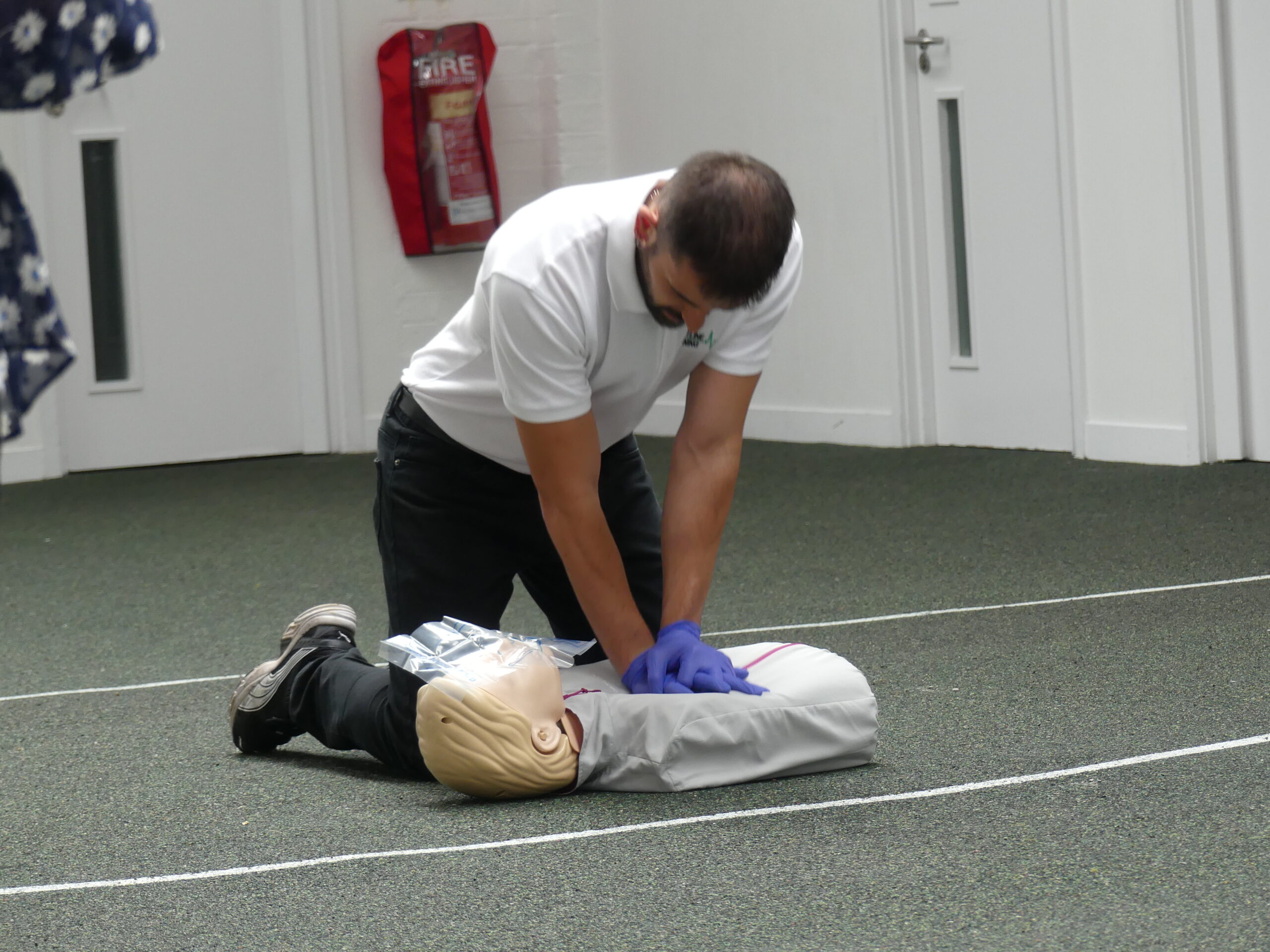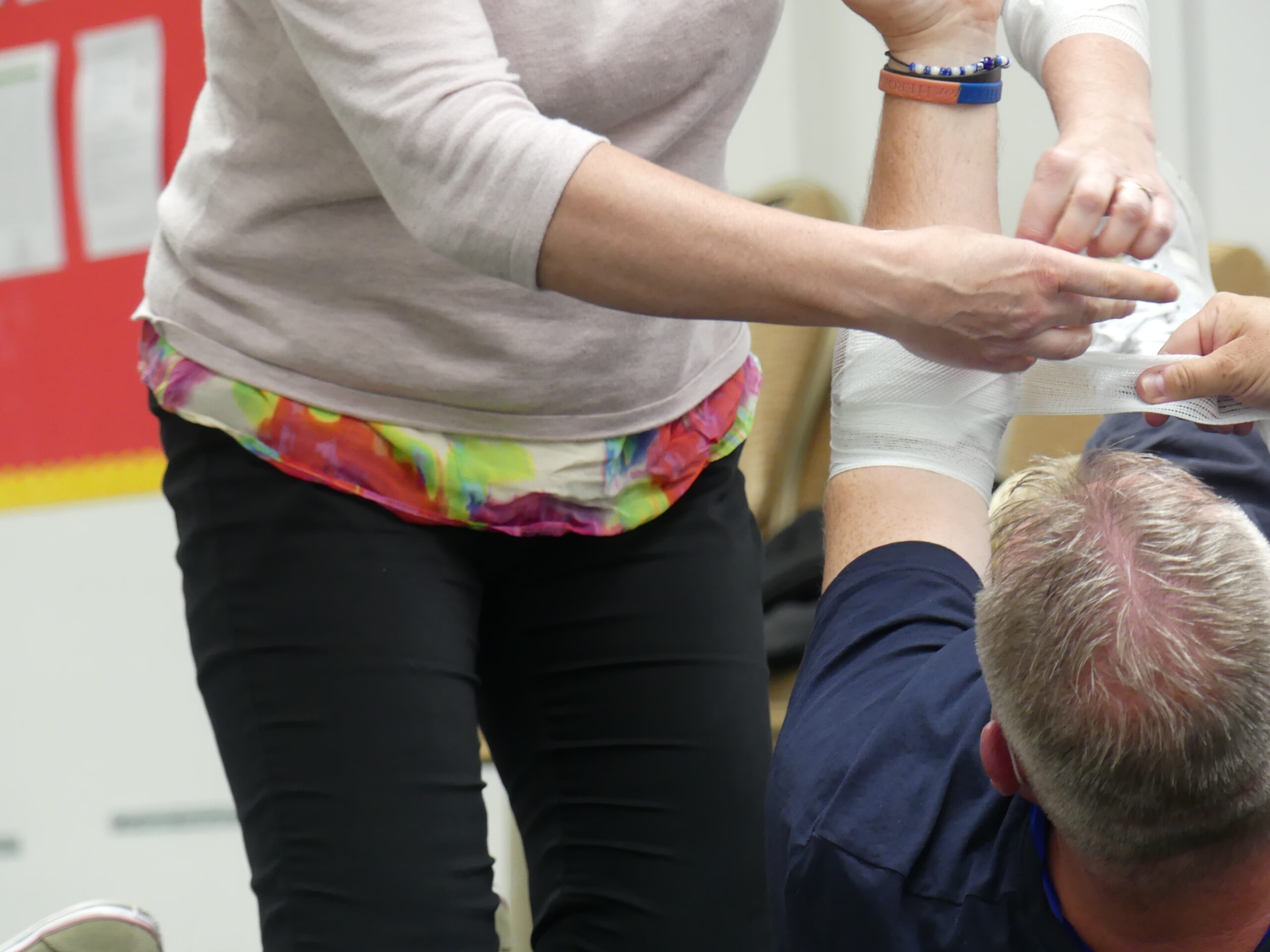Diabetic Emergencies
People with diabetes may have a diabetic emergency, where their blood sugar levels become too high or low excessively. Learn about the signs to look out for and the appropriate actions to take.
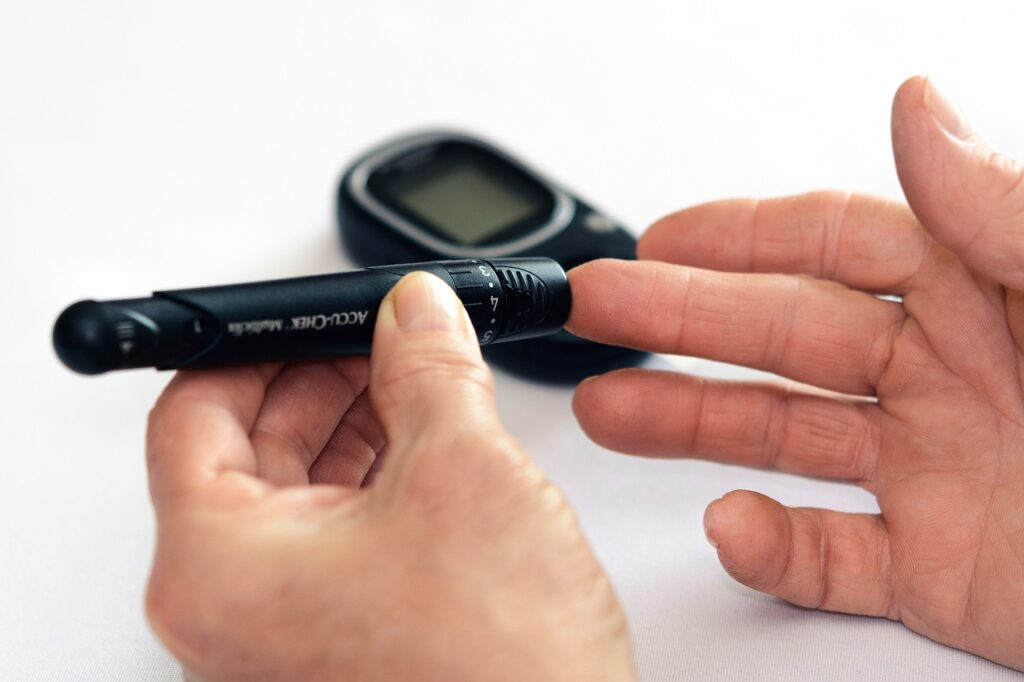
Emergency Advice ⚠️
Diabetic emergency:
High blood sugar?
- Call 999.
Low blood sugar?
- Sit them down.
- Give them sugar e.g. 3 jelly babies or 150ml fruit juice.
- If no improvement? Call 999
What is it?
Diabetes is a chronic medical condition where there is insufficient insulin production within the body. Sometimes, people with diabetes might have a diabetic emergency, where their blood sugar level becomes excessively high or low. Both scenarios are potentially severe and might require hospital treatment.
Insulin is a natural chemical created by the pancreas, located behind the stomach. It regulates the body’s blood sugar, maintaining glucose levels. With diabetes, the body struggles to maintain normal blood sugar levels, resulting in higher or lower blood sugars than the standard range.
Diabetes is typically classified into two types:
- Type 1 – typically known as insulin dependent diabetes
- Type 2 – typically known as non-insulin dependent diabetes.
Signs that someone may have diabetes:
- They might wear a medical alert bracelet or necklace.
- They might carry glucose gel or tablets.
- They might have specific medication, like an insulin pen, tablets or a special pump, or blood glucose testing equipment.
Hyperglycaemia (High Blood Sugar)
Recognition features
This situation occurs when the blood sugar level is elevated beyond the normal range. It could result from a person with diabetes not taking the correct medication dosage. Additionally, it may occur due to excessive consumption of sugary or starchy food, or it could be linked to an infection.
Signs and symptoms
Keep an eye out for:
- Fruity, sweet breath
- Warm, dry skin
- Excessive thirst
- Fast pulse and breathing
- Drowsiness, which may lead to unresponsiveness if untreated (referred to as a diabetic coma)
- Medical alert tags or medication
Treatment
- If you suspect HYPERglycaemia (high blood sugar), urgent treatment is necessary. Call 999 or 112 for emergency help and inform them you suspect HYPERglycaemia (high blood sugar).
They may carry medical identification, like a bracelet or medallion, or have a card that can inform you about their condition.
- While awaiting help, continuously monitor their breathing, pulse, and responsiveness.
If they become unresponsive at any point, be prepared to open their airway, check their breathing, and initiate CPR.
Hypoglycaemia (Low Blood Sugar)
Recognition features
In this case, the blood sugar level is lower than usual, resulting from an imbalance between insulin and glucose levels in the blood. Individuals with diabetes might notice the beginning of a hypoglycaemic episode.
Signs and symptoms
Keep an eye out for:
- Weak, light-headedness, or hunger
- Disorientation and unusual behaviour (may be confused for drunkenness)
- Cold, clammy skin with sweating
- Fast or irregular pulse
- Heart palpitations
- Tremors or shivering
- Decreasing responsiveness
- Medical alert tags or medication.
Treatment
- If you suspect HYPOglycaemia (low blood sugar), help the person to sit down. If they have their own glucose gel or glucose tablets, assist them in taking it. If not, offer something sugary, like a 150ml glass of fruit juice or non-diet fizzy drink, three teaspoons of sugar or sugar lumps, or three sweets such as jelly babies.
- If they improve quickly, provide more sugary food or drink, and allow them to rest. If they have their blood glucose testing kit with them, assist them in using it to check their blood sugar level. Stay with them until they feel completely better.
- If they do not improve quickly, look for any other reasons for their illness and call 999 or 112 for emergency help.
- Keep monitoring their breathing and level of response while waiting for help to arrive.
If they are not fully alert, avoid giving them anything to eat or drink as they may choke.
If they become unresponsive at any point, open their airway, check their breathing, and prepare to give CPR.
Learn more about diabetes
Diabetes UK – Know diabetes. Fight diabetes. | Diabetes UK
Train with us
This subject is covered in detail on the following courses that we offer:
Be prepared for anything with our first aid supplies 👀
-
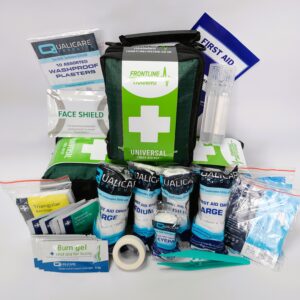 Universal First Aid Kit£15.00
Universal First Aid Kit£15.00 -
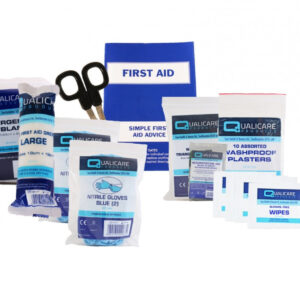 First Aid Kit – Refill£7.95
First Aid Kit – Refill£7.95 -
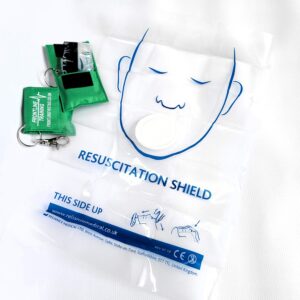 CPR Face Shield Key Ring£3.50
CPR Face Shield Key Ring£3.50
